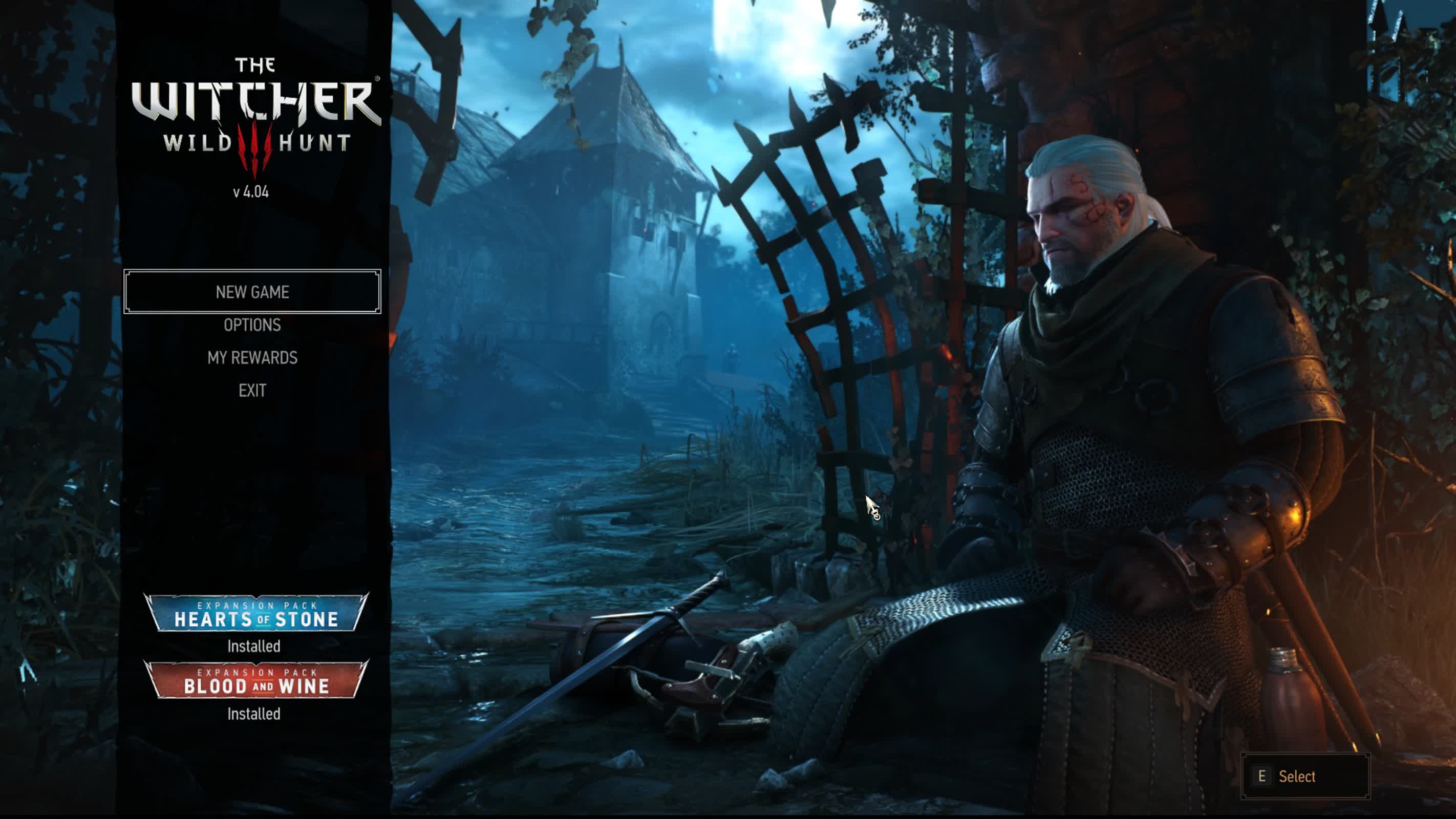Learn extra at:
What simply occurred? An open supply computing milestone is unfolding as RISC-V methods – lengthy thought of a expertise for embedded gadgets – start to step onto the gaming stage. Builders have efficiently enabled Valve’s Steam platform to run on RISC-V-powered Linux methods, marking the arrival of big-name titles like The Witcher 3 and Crysis on this beforehand untapped structure.
The event isn’t the results of a direct port of Steam to RISC-V, however fairly a testomony to the rising sophistication of felix86, a userspace emulator designed to bridge the hole between the x86 world and RISC-V {hardware}.
The felix86 challenge has made notable progress over the previous few months. In line with updates shared on its official blog and GamingOnLinux, the emulator’s newest model makes it doable to launch and play advanced AAA Home windows titles, a feat that few anticipated RISC-V to realize anytime quickly.
Builders say that felix86 not solely runs these beforehand incompatible video games, but additionally improves the general consumer expertise. Setup is now extra simple, and assist for applied sciences like AppImage and file system emulation has improved, making recreation deployment and system integration smoother.
The profitable launch of the Linux Steam client on RISC-V means video games protected by Steam’s DRM can now be performed on gadgets working the open structure.
RISC-V’s fame nonetheless largely rests inside sectors like embedded methods and IoT gadgets, the place billions of chips function quietly within the background.
For many customers, the platform’s greatest successes have gone largely unnoticed. Nevertheless, current {hardware} such because the DC-ROMA laptop computer, the Milk-V Megrez board, and initiatives from firms like Framework are serving to carry RISC-V into the highlight.
As real-world applications develop, particularly in fanatic computing, achievements like working Steam and extra gaming titles supply a glimpse of the platform’s evolving potential.
Efficiency, it have to be famous, isn’t but on par with x86 or Arm rivals, particularly for high-end gaming. Builders warning that whereas video games now load and run, additional optimization is required to achieve splendid playability.
For these monitoring the sluggish however regular climb of open {hardware} in a world nonetheless dominated by proprietary architectures, this marks a noteworthy breakthrough for RISC-V, and maybe the start of a brand new chapter in cross-platform, open supply gaming.
Picture credit score: GamingOnLinux



